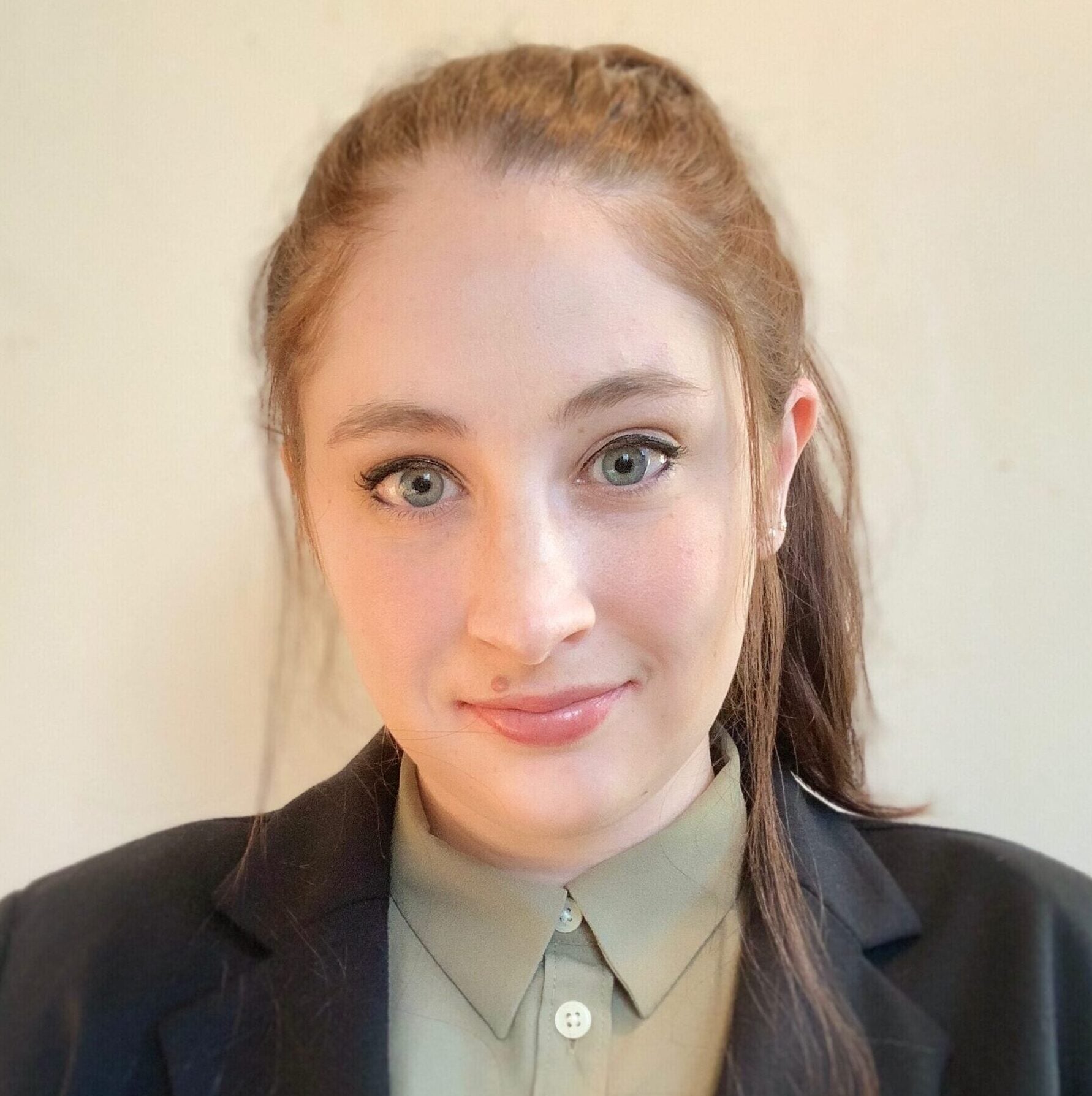Caroline Schuerger was a Research Fellow at Georgetown’s Center for Security and Emerging Technology (CSET), where she focuses on emerging issues in biotechnology and AI. Prior to joining CSET, Caroline earned her PhD in Molecular Medicine at the Cleveland Clinic Lerner College of Medicine and Case Western Reserve University School of Medicine. She was a 2020 Christine Mirzayan Science and Technology Policy Fellow at the National Academies of Sciences, Engineering, and Medicine. She has earned Bachelor degrees in Biology and Chemistry from the University of North Carolina Chapel Hill.
Related Content
Medical artificial intelligence, which depends on large repositories of biological data, can improve public health and contribute to the growing global bioeconomy. Countries that strategically prioritize medical AI could benefit from a competitive advantage and… Read More
Gain-of-Function Risk Is Not One-Size-Fits-All
September 2023In their op-ed featured in Think Global Health, CSET's Steph Batalis and Caroline Schuerger provide expert analysis on the ongoing debate in the United States regarding gain-of-function (GOF) research. Read More
Gain- and loss-of-function research have contributed to breakthroughs in vaccine development, genetic research, and gene therapy. At the same time, a subset of gain- and loss-of-function studies involve high-risk, highly virulent pathogens that could spread… Read More
Large Language Models in Biology
June 2023Steph Batalis, Caroline Schuerger and Vikram Venkatram explore three notable areas in the life sciences where LLMs are catalyzing meaningful advances: drug discovery, genetics, and precision medicine. Read More
Pandemic threats are increasing as globalization, urbanization, and encroachment on animal habitats cause infectious outbreaks to become more frequent and severe. It is imperative that the United States build a pipeline of medical countermeasure development,… Read More
CSET's Dr. Caroline Schuerger, Dr. Steph Batalis, and Vikram Venkatram submitted this comment with recommendations for the National Biotechnology and Biomanufacturing Initiative. Read More
Biosafety Level-3 laboratories (BSL-3) are an essential part of research infrastructure and are used to develop vaccines and therapies. The research conducted in them provides insights into host-pathogen interactions that may help prevent future pandemics. Read More
CSET Research Fellow Caroline Schuerger testified before the Bipartisan Commission on Biodefense hearing on "The Biological Threat Expanse" Current and Future Challenges to National Biodefense." She discussed threats to the bioeconomy and steps the U.S. Read More

